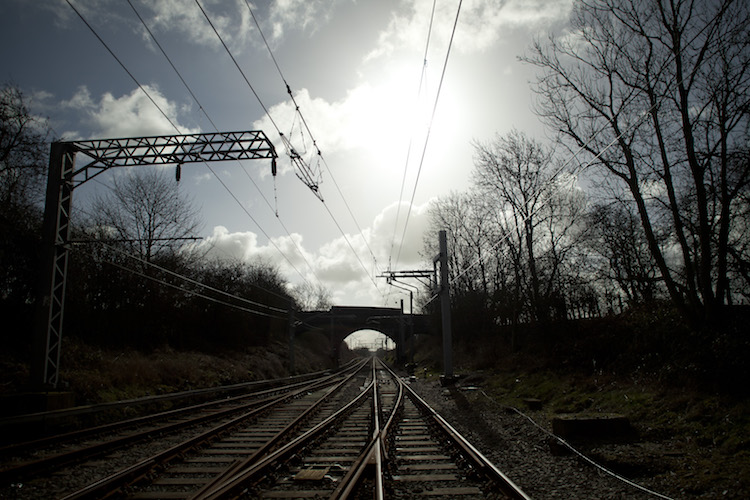Academics Join With Industry Experts To Help Reduce Cost of Electrical Railways
Energy efficient travel will be part of the future, so it’s no surprise that new research into the electrification of the British railway network has been met with interest and praise.
The research, which was conducted by members of the UK Rail Research and Innovation Network (UKRRIN), examines ways that this form of travel can become more cost efficient. Academic and industry experts from the University of Sheffield, Furrer+Frey and Network Rail were key to the research that was partially funded by the European Union.
It is hoped that their research will help decarbonise the rail network. Both the academic and the industry experts involved praised the collaborative nature of the work.
Professor David Fletcher, head of the research group at Sheffield, said: “The engagement with Furrer+Frey has been really great in funding and steering these research projects. Their expertise has ensured the research stayed focused on industry needs, ensuring impact from the academic input of our PhD students”.
This enthusiasm was echoed by Engineering Director at Furrer+Frey, Rob Daffern said: “I studied at The University of Sheffield, so to be working with cutting edge research back at Sheffield has been tremendous. The whole industry is focused on reducing costs and research is key.”
The benefits of rail electrification include reduced carbon emissions, less pollutants and reduced cost in the long terms. It is also thought that electric trains may be more reliable than their diesel counterparts.
It is hoped that this research will also help the freight industry, which is worth over £1.7bn to the economy each year.

